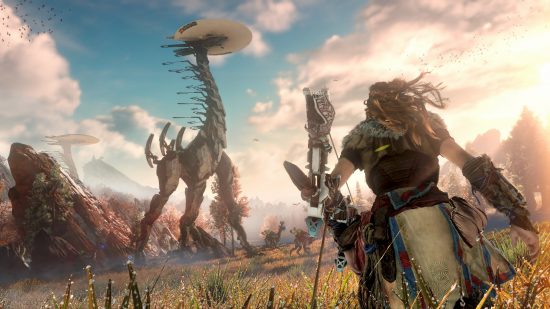Why games are succeeding where the movie industry isn’t
In 2016, the global video games industry raked in a whopping $99.6bn in revenue. In comparison, Hollywood – for so long the world’s most profitable entertainment hub – made just $38bn.
Have games superseded movies? Here are a few arguments suggesting they might have:
Game to movie doesn’t work
For years, the gaming and movie industries have been closely tied, influencing each other both in terms of franchises and genres. Despite several high profile games to movie franchise failures (we’re looking at Assassin’s Creed, World of Warcraft and Prince of Persia), Hollywood has regularly looked to the immersive game environments created on consoles for inspiration.
It works the other way, of course. A Nightmare on Elm Street, one of the 1980s’ most iconic horror films, currently lends its name to a slot game on 888casino, while the vast majority of the 21st century’s successful film franchises (think Harry Potter and Lord of the Rings) have led to a number of great spin-off computer games.
Dwight H. Little, the director of the film Tekken, itself adapted from a computer game, explained why movies often fail where gaming succeeds:
“There are a lot of movies that have suffered from just trying to be a visceral experience. That is fine for a short film or a video game. But to make a narrative movie and keep an audience involved for an hour and a half, you really need to have them invest in the characters. The director needs to have the audience care about the people they are watching.”
However, this visceral experience is no longer confined to the silver screen, as evidenced by the greater fare the video game industry is now producing.
Games are becoming increasingly immersive
In September 2013, Grand Theft Auto V broke the record for the biggest launch day of any single media release in history, making $800m on its first day. In 2015, Fallout 4 posted similar figures, while Horizon Zero Dawn recently sold 2.6 million copies in its first two weeks of being released. The reason? Big budget-video games and the worlds they feature are becoming increasingly encapsulating in ways that a two-hour movie featuring the same-old stars simply cannot.
Add in the social element of genres like MMO and it’s easy to see how games can be so addictive for some.
Games are more accessible
Catching the latest flick at the cinema requires a significant time commitment, says Wanda Meloni, founder of game analyst firm M2 Research.
““You have to make the time, drive there and back, spend two hours sitting down.”
In comparison, players are in control of how long they spend in front of their console games and, with the advent of mobile gaming, they also have a say over where games can be played.
“Of course there are games that can be played for hours at a time, but there are a vast number of games that can be played in small increments of time,” says Meloni. “It’s a combination of having a task or storytelling and social networking in a time frame that is defined by the consumer.”
As a modern society, do we have the time to invest in a two-hour film or would we prefer a compelling storyline we can dip in and out of? At present, it seems the latter is winning…











